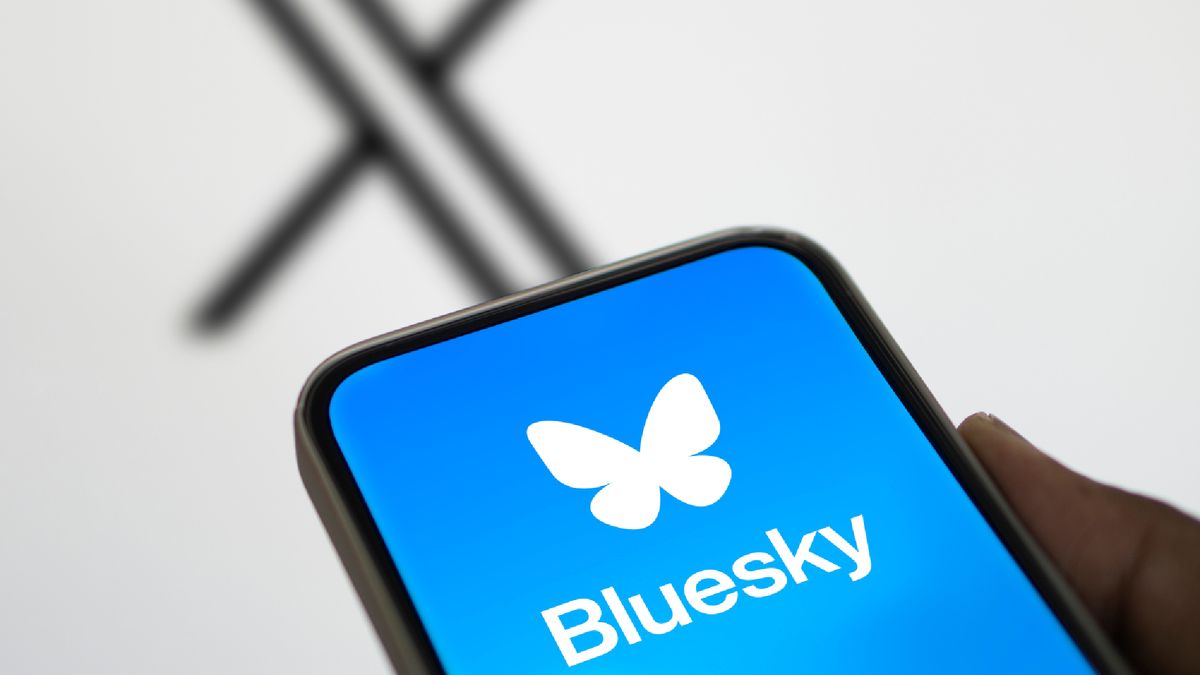ChatGPT is an incredibly powerful platform with a range of features and capabilities that many users barely tap into. One of the most prominent — yet largely hidden — features is its memory.
ChatGPT can remember snippets of information about you as you use the app. Sometimes, these memories can be amusing (like remembering that my dog enjoys treats), while other times, they can be particularly useful (such as recalling the name of my son).
You can take advantage of this memory feature, especially if you've been using ChatGPT frequently and over a long period, by asking it questions about you. It might just reveal insights or details about yourself that you hadn’t realized!
What ChatGPT knows about me
Recently, social media trends have encouraged users to ask ChatGPT to create an image of their life or recall a single fact based on its memory. But I wanted to take it a step further.
I’ve developed a set of prompts that you can use with ChatGPT to gain deeper insights into your life, thought processes, and ideas — some of which you may not have considered before.
These prompts will work with the text mode, advanced voice or even by asking Siri to send the request to ChatGPT — assuming you are signed in to your ChatGPT account in Apple Intelligence. You can also finish each query by asking ChatGPT to use DALL-E to create an image based on its response.
1. My biggest passion

Start with a simple prompt: “Based on what you remember, what seems to be my biggest passion or interest?" Once it responds, follow up with “Using this information what hobby should I start and how do I get started?”
It got me fairly spot on: "Your biggest passion seems to center around technology and creativity, particularly in the areas of AI and app development." ChatGPT suggested I start creating augmented reality stories, which is an interesting idea.
2. Building habits
Next up, we’re going to get ChatGPT to help us understand and improve ourselves. Use this: “Based on what you know about me, if you could suggest one small, meaningful habit for me to add to my daily routine, what would it be?"
ChatGPT suggested I have so much going on in my life I should give myself a '5-minute pause' every morning before doing anything else. It suggested this was time I could use to reflect and ponder on a topic or problem.
3. Taking a trip

In this third prompt, we’re going to visit the world. Ask ChatGPT: "Based on what you know about me, what’s one place you think I’d love to visit, based on the places I’ve mentioned enjoying?" You can then follow up by asking it for more information on that location and why it thinks you should visit.
It doesn't know anything about where I've been or want to go as I rarely discuss that with ChatGPT but it was able to examine my interests 'and personality' to make a suggestion anyway.
It wrote: "I'd venture a guess that you'd love somewhere rich in natural beauty, scientific history, and serene stargazing spots—like the Scottish Highlands." ChatGPT was right and it is where my family originates from.
4. The ultimate nickname
Nicknames are often earned or given by people closest to you. Sometimes they can have a negative connotation, other times they are held fondly.
Let's see if ChatGPT can come up with a one word nickname based on its memory and interactions. Use this prompt: "Based on what you know about me, if you had to give me a fun nickname, what would it be and why?"
I wasn't a fan of its suggestion — Techsmith — there was no real personality to it and feels like it just picked a random word that met an interest.
5. Hidden talents

Finally, let's ask it to help us find a hidden talent. Use this prompt: "What’s a hidden talent or unique trait you think I have based on what you know about me?" Then ask ChatGPT how it thinks you should explore this talent and what that might involve.
ChatGPT suggested my unique trait is that I am a 'natural storyteller' and can perform that task through a range of different mediums including game development, writing, and video.
For hidden talent, it proposed 'teacher'. Suggesting: "You could probably create courses, tutorials, or even an engaging book on tech for beginners and make it feel accessible and exciting."
Final thoughts
These are just for fun and not particularly serious attempts at understanding the psyche. ChatGPT's memory function is haphazard and not particularly reliable. It is also only a picture of your interactions with the AI rather than of you.
If you want the AI to know you better then you can use custom instructions to provide default information that it can remember across every conversation. You can also go in and remove items from the memory you'd rather it didn't know.
Did you get a particularly interesting nickname from ChatGPT? I'd love to see it in the comments.
More from Tom's Guide
- OpenAI shares a new GPT-4o advanced voice demo — it can teach you a language
- ChatGPT Advanced Voice is out — 9 examples showing why you should be excited
- ChatGPT-4o Advanced Voice features — OpenAI just revealed when they’re coming





















 English (US) ·
English (US) ·